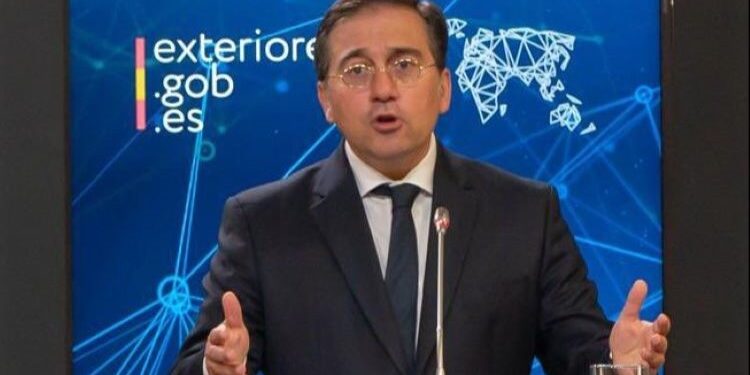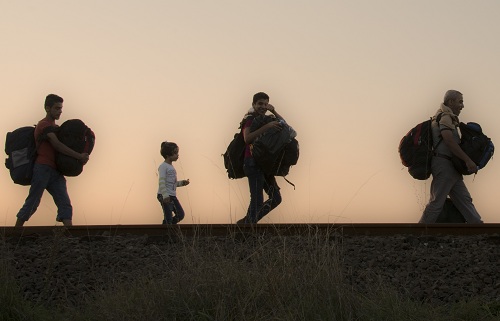Luis Ayllón
The Spanish Government insists that it will not recognise the results of the elections held in Venezuela until the minutes of the elections are published, after the Supreme Court of that country, controlled by the Bolivarian regime, has endorsed the victory of Nicolás Maduro.
Official sources from the Ministry of Foreign Affairs stated yesterday that as the Executive has said “from the first moment”, in order to recognise the results of the presidential elections in Venezuela “it is essential that the minutes with the results of the votes be published in a complete and verifiable manner, so that there is full transparency as the panel of experts from the United Nations has pointed out and as is usual in all democracies.”
“As long as this does not happen, we will not be able to recognise the result of the elections,” stressed the aforementioned sources.
The sources reiterated the Spanish government’s call for “the right of Venezuelans to demonstrate peacefully and freely express their political opinions to be respected.”
“With our Latin American brothers and with our partners in the EU, we will continue working to ensure that the democratic will of the Venezuelan people is respected, so that there is a political solution based on dialogue and negotiation between Venezuelans, and so that the arrests cease and the social peace that the country needs is maintained,” the same sources concluded, referring to the statement signed last week by twenty European and Latin American countries, along with the United States, Canada and Morocco.
Political exile Antonio Ledezma, who was mayor of Caracas and was imprisoned in Venezuela for more than a thousand days, highlighted the position of the Spanish government in not endorsing Maduro’s proclamation, and wrote: “These positions are what will make it possible to unmask the fierce dictatorship that oppresses the Venezuelan people.
However, Spain’s position, after learning of the Venezuelan Supreme Court’s ruling, is less forceful than that expressed by the president of Chile, Gabriel Boric, who, on his account on the social network X, said that the Court’s decision “finally consolidates the fraud” and insisted that his government “does not recognize this false triumph.”
“There is no doubt that we are facing a dictatorship that falsifies elections, represses those who think differently and is indifferent to the largest exile in the world, only comparable to that of Syria, the product of a war,” said Boric, who added that Maduro’s “dictatorship” does not in any case represent the political left, to the extent that it should. “respect Human Rights regardless of the color of the person who violates them.”
Yesterday, Chile and nine other Latin American countries (Argentina, Costa Rica, Ecuador, Guatemala, Panama, Paraguay, Peru, the Dominican Republic and Uruguay), together with the United States, released a joint statement in which they express their disagreement with the electoral process, questioning the lack of transparency and the absence of an independent audit.
In the text, they maintain that the validation of the results issued by the National Electoral Council (CNE) does not reflect the will of the Venezuelan people due to the obstruction of the opposition during the elections. In addition, they denounce the lack of impartiality of both the TSJ and the CNE, urging an impartial audit that guarantees the authenticity of the process.
They also express their “deep concern and rejection of the violations of Human Rights” perpetrated against citizens who peacefully demand respect for the vote of the citizenry and the restoration of democracy.
The Secretary General of the Organization of American States (OAS), headed by Luis Almagro, also rejected the decision of the Venezuelan Supreme Court, stressing: “It was ridiculous to expect that the illegitimate Venezuelan Supreme Court would dispense justice in the Venezuelan electoral process and act in accordance with the law, respecting the Democratic Rule of Law, since it has been completely non-existent in the country for many years.”
The OAS insists on the lack of impartiality and independence of both the Venezuelan Supreme Court and the CNE and affirms that “the only way forward for Venezuela is through the International Justice of the International Criminal Court.”







